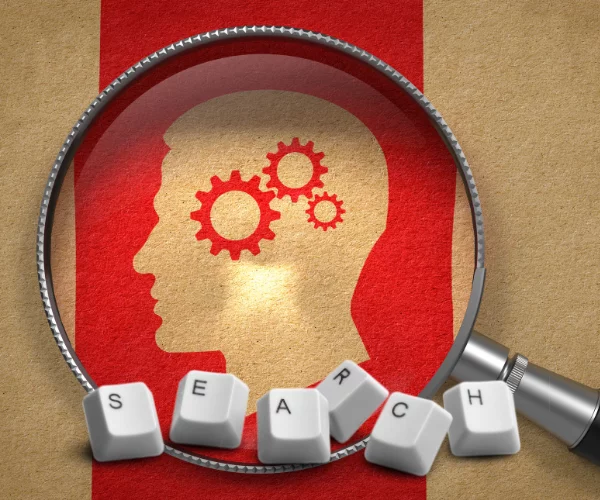The Psychology of Donor Matching: Why We Choose the Way We Do

When it comes to donor matching, one thing has become clear to me over the years: there is no single “right” way. For some recipients, choosing a donor is one of the most emotionally charged decisions of their lives. For others, it’s a practical step in a medical process. Both approaches are valid — and both tell us a lot about human psychology.
Why similarity feels reassuring
Psychologists often talk about genetic mirroring — the desire to see ourselves or our families reflected in the child we hope to raise. Many recipients I’ve supported have leaned heavily into this. They wanted donors who not only shared their physical features but also their personalities, talents, or even educational paths. I’ve met recipients who asked if a donor played the violin because they did, or who wanted someone who had studied at a red-brick university because education was a core family value. For them, these details weren’t “extras” — they were vital threads that made the future child feel connected, familiar, and truly theirs.
The opposite end of the spectrum
But just as often, I’ve worked with people who took the complete opposite view. For them, donor matching was almost clinical, detached, and deliberately simplified. They cared about the essentials: race, skin tone, hair colour, blood type. Nothing more. Their thinking was that the less they knew, the easier it would be to move forward without overthinking or feeling burdened by the donor’s presence in their story. Some even told me that going into too much detail made it harder to emotionally separate the donor from their future family.
The science behind both perspectives
Both approaches make sense from a psychological perspective. Studies show that humans are hard-wired to seek familiarity and likeness as a way to reduce anxiety and build connection. At the same time, protecting ourselves emotionally by keeping things simple and matter-of-fact can be equally powerful — especially when the goal is to reduce stress and keep focus on the family being created, not the donor themselves.
What this means for intended parents
Ultimately, there is no “correct” way to choose. Some people need to feel their donor is almost an extension of themselves, down to the smallest quirks. Others need the process to be a blank canvas that allows them to move forward without emotional entanglement. What matters most is recognising that both pathways are valid — and giving yourself permission to choose the approach that feels right for you.
Takeaway: Donor matching isn’t just about biology. It’s also about psychology. Whether you search for echoes of yourself or keep it purely clinical, the choice is deeply personal — and it deserves to be respected.



Responses